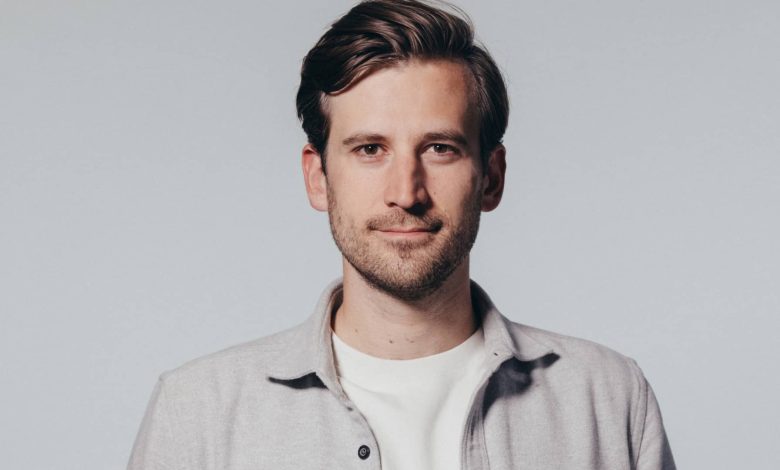VCs use this ‘power law’ to identify ‘massive winners’ to invest in

Peter Specht, general partner at venture capital firm Creandum.
Creandum
As pitches from founders come flooding in, one investor has revealed how VCs use a historic “law” to identify the best investments.
“The power law in venture capital basically means that a small number of investments generate the vast majority of returns. So essentially, one or two massive winners outweigh all other investments combined,” Peter Specht, general partner at European VC firm Creandum, told CNBC Make It in an interview.
He described it as “significant in decision-making for VCs.”
The power law originates from the work of late-19th-century Italian economist Vilfredo Pareto. He noticed that 20% of the pea pods in his garden produced 80% of the peas, and applied this observation to economic conditions and wealth disparity.
Specht explained that, as VCs often finance ideas that are risky and innovative, they know that some of these startups will fail. But the returns from the companies that succeed can become “massive winners,” which “outweigh all other losses or smaller exits,” he said.
“From a return perspective, you want to really hit the outliers. We want the Spotifys, the Revoluts, the Klarnas,” he said.
“Outcomes at that size, or that scale, return more capital to investors and founders than five, billion-dollar exits. A $50 billion exit is way bigger than five $1 billion exits.”
‘Pitch why it can become so big’
Although the route to securing venture capital in Europe is improving, there’s still some way to go, according to Atomico’s State of European Tech Report 2024.
In fact, the average seed round — the first official round of fundraising — in Europe was $1.4 million last year, compared to $3 million in the U.S., Atomico found. It’s even harder at the growth stage, with American startups twice as likely to raise funding rounds of more than $15 million.
Some 60% of respondents told Atomico in 2024 that it was harder to raise external finance compared to the previous year.
Specht said one key way to convince VCs that you’re building the next Spotify or Revolut is to show that your company has “outsized-outcome potential.”
“You need to pitch why it can become so big, why it can become a category-defining company,” he said.
This includes explaining how you’re tackling the market and how the product can expand over time. At the seed stage, having an early product or pilot users with positive feedback can help.
If you don’t have the product yet, there needs to be evidence that the product is filling a gap in the market and is offering a genuine solution to customers.
VCs also look for “exceptionally strong and ambitious founders,” Specht said, adding that he wants to understand their motivation and drive.
“One thing we obviously … like to see is if founders have a spike in a particular area, or a skill, and shown excellence in that,” he said.
This could be work-related, such as having technical or leadership capabilities, or even excelling in sports or studies.
‘Visionary storytelling’
Given the gap between fundraising in Europe and the U.S., Harry Stebbings, the founder of 20VC, identified a difference in the way founders pitch.
American founders tend to be more bold and ambitious, Stebbings said, compared to their counterparts across the Atlantic.
“I don’t think Europeans are as good fundraisers [as Americans]. We need to tell better stories. We need to market ourselves better. We are too self-deprecating,” he told CNBC Make It.
Some founders have even been “badly” advised to include “exit slides” in their pitches, Stebbings added. “That makes me feel sick, like I’m planning my divorce when I get married.”
While Specht disagrees that European founders lack ambition, he thinks that startups in the region could tell better stories.
“We have people and founders that dream really big and want to build massive companies,” he said. “In the general culture between Europe and the U.S., I think U.S. founders and Americans are pretty good in storytelling and also pretty good salespeople.”
“There, we can focus on being even more bold, having an even more refined and visionary storytelling,” Specht added.



